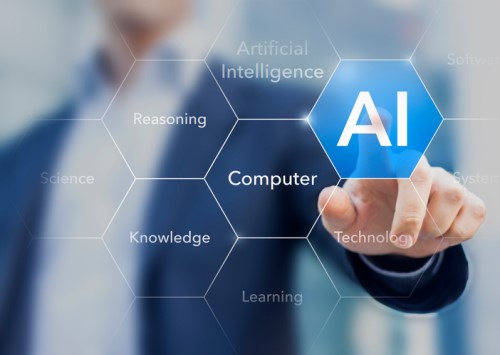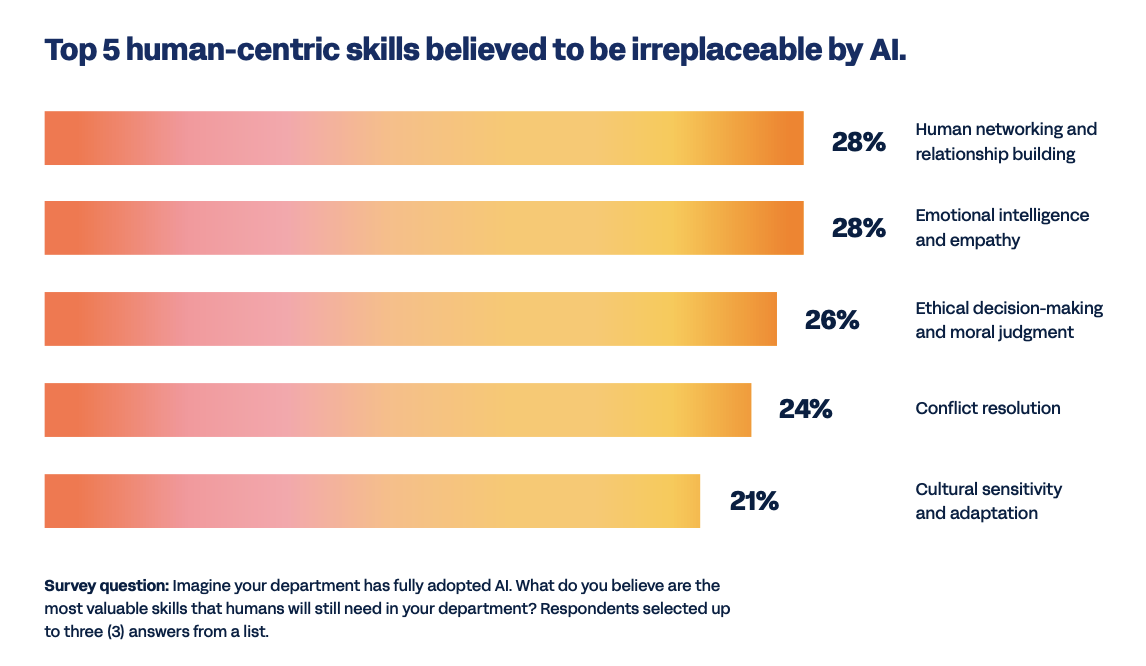
Despite job loss fears, new report reveals how AI can elevate workplaces

Most active users of AI are optimistic about the emerging technology's benefits in the workplace, despite recent reports warning it could lead to job losses.
Workday's latest global research report found that most active users of AI have a sentiment score of 4.23 out of five, indicating strong optimism over the technology.
On the other hand, the lowest optimism was recorded among those who are planning to adopt AI within the next 12 months, with an average sentiment score of 3.89 out of five.
According to the report, the majority of the respondents agree that AI will have the following benefits:

The optimism comes despite a recent report from the World Economic Forum (WEF) that revealed 41% of employers across the world are planning to reduce their headcount in response to AI.
According to the WEF report, employers are planning to downsize their workforce where AI can replicate people's work.
The Workday report noted that AI can manage many routine tasks quickly and efficiently, but this is an opportunity for employees to boost their creativity.
"The conversation around AI often focuses on fear and job loss, but we see it as an incredible opportunity," said Jim Stratton, chief technology officer, Workday, in a statement.
"By embracing AI for good, we can elevate what makes us uniquely human – our creativity, our empathy, our ability to connect – and build a workplace where these skills drive success. Our research shows that workers are ready to embrace this possibility as reality."
And despite AI replicating some of employees' routine tasks, the report noted that it won't be able to replace human-centric skills, such as human networking and emotional intelligence.

"In 2025, AI will play an important role in unlocking efficiencies in how People teams operate, but it won't replace the essential human elements, like empathy, communication, and relationship building," said Jennie Rogerson, global head of people, Canva, in a statement.